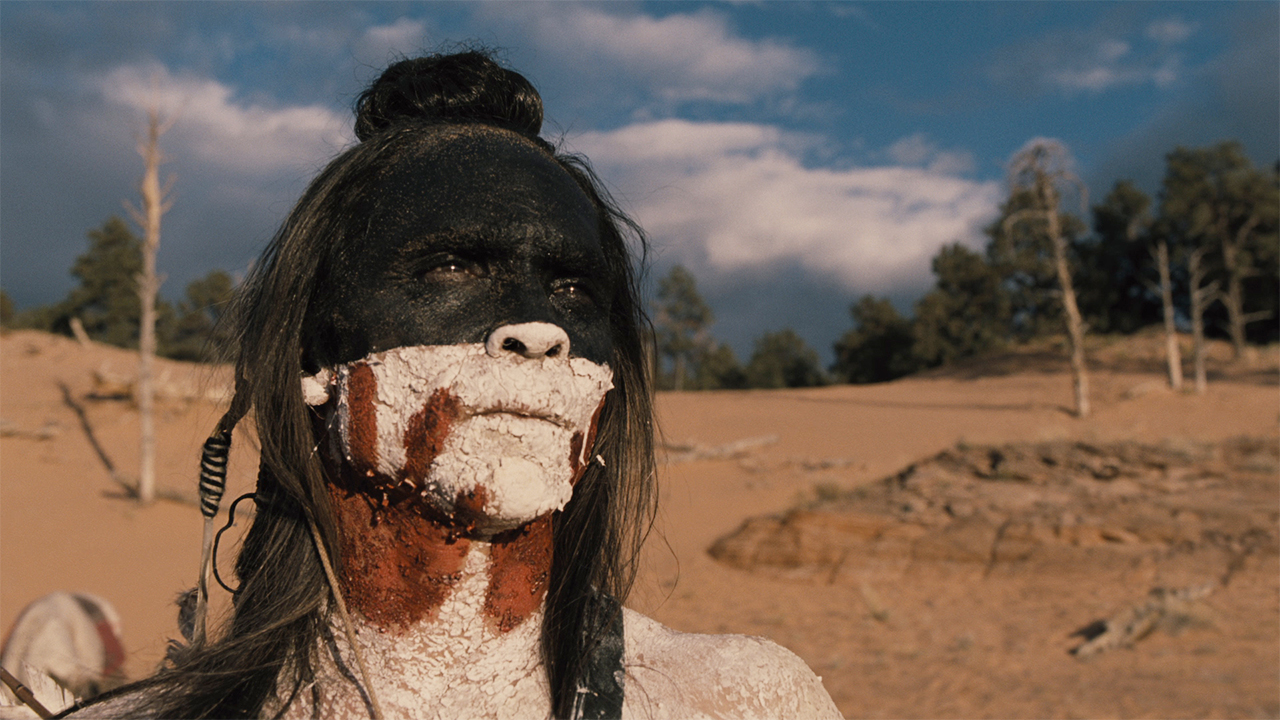TV 2018 Year in Review: Mo money, mo problems
SFX magazine’s Will Salmon looks back on a year in TV which saw Netflix continue to dominate our viewing, but with the company still not in profit and competitors nipping at its heels, are troubled times ahead?
2018 saw the TV renaissance reach new heights both in terms of the quality of the shows on offer, and the sheer, mind-boggling amount of new and returning programmes out there. Budgets rose to dizzying new heights, with Netflix alone now officially outspending every Hollywood studio. For viewers, it's an incredible time - even if it does make it impossible to keep up with all the “must-see” new shows out there.

Subscribe to SFX magazine and find out what we can expect from the world of sci-fi and fantasy next year with its huge 2019 preview
"Genre TV has never been in a better state than it is right now," says Rich Edwards, Editor of SFX magazine. "So much of it is just so damn good, with the likes of Netflix, Amazon, and HBO getting nerdy, everyone else has raised their game too. A decade ago a new sci-fi series was worth talking about simply because it existed – now if you're no good, even the most hardcore genre fans are going to change channels."
That variety has meant that, while there are still plenty of boilerplate genre shows (oh, hi Agents of S.H.I.E.L.D.), there's also more room for shows that break new ground, like GLOW and Maniac, or the uncategorizable Bojack Horseman - an animated show that’s like nothing else on TV.
“It's been great to see Netflix and Amazon taking a punt on big-budget, high quality TV shows that would never have been made a few years back,” says Edwards. “Shows like Altered Carbon prove that television is much more adventurous than the more conservative movie industry.”
Altered Carbon… and how Netflix inverted sci-fi cinema
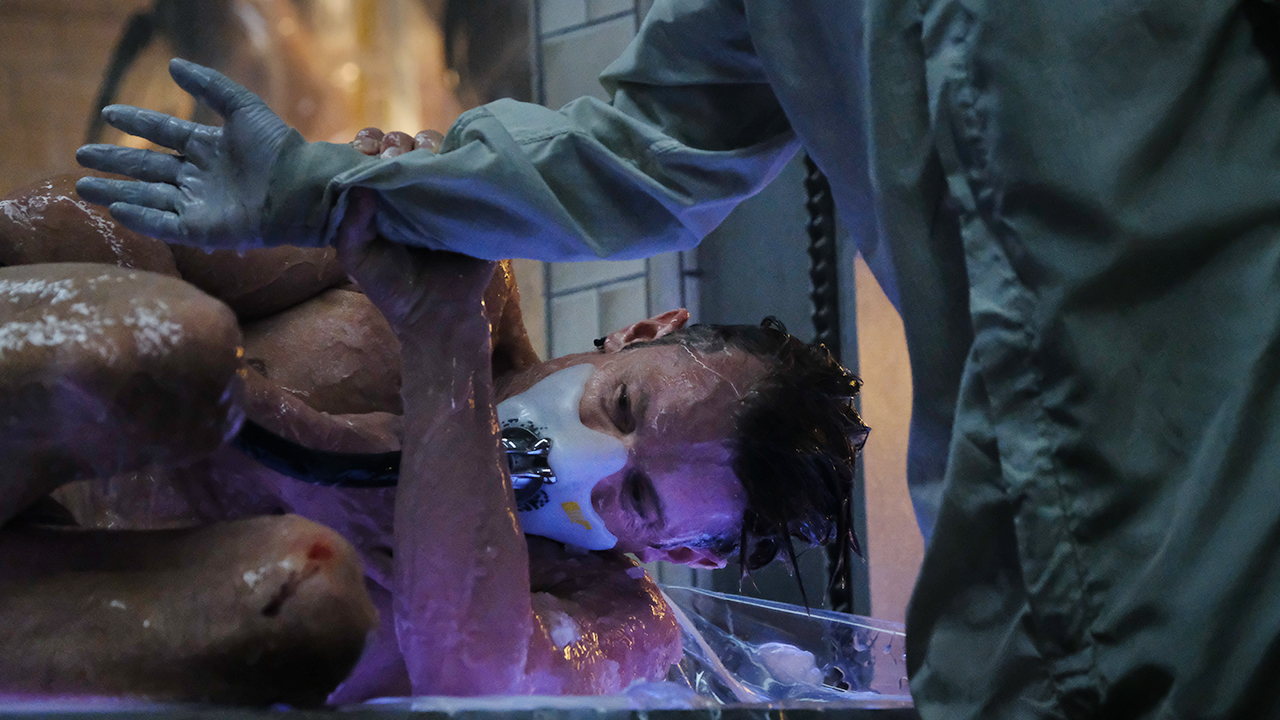
Indeed, Altered Carbon is an interesting example. The lavish adaptation of Richard K. Morgan’s novel took 15 years to reach the screen, and was originally optioned by The Matrix producer Joel Silver as a movie. At one stage, the script writer pitched it as a ‘10 hour movie’ at the Sundance festival, before its potential as a box set became clear. Netflix hasn’t released figures for the series budget, though some have estimated it as being potentially as high as $7 million per episode. A knotty, high-concept science fiction series about humans being “re-sleeved” into different bodies was potentially a hard sell, but for a company whose content budget rose this year to an estimated $13 billion, it was clearly worth the risk. A second season is on the way.
But while Netflix undoubtedly owned TV in 2018, by the end of the year there was also a growing sense that its competitors are catching up - at least in terms of quality. Hulu wowed with The Handmaid’s Tale last year and turned out an even more impressive second season in 2018 (more on that later), along with some strong new debuts, like Castle Rock and Runaways.
Amazon is also still on the rise, dedicated $1 billion to its forthcoming The Lord of the Rings TV show alone. Then there’s Disney+. The streaming service launches next year, bringing with it all new Star Wars and Marvel original series, as well as the company’s peerless animated back catalogue. Competition for the geek dollar is only going to get fiercer.
Get sneak previews, exclusive competitions and details of special events each month!
Too many shows, too little time… and high-profile casualties
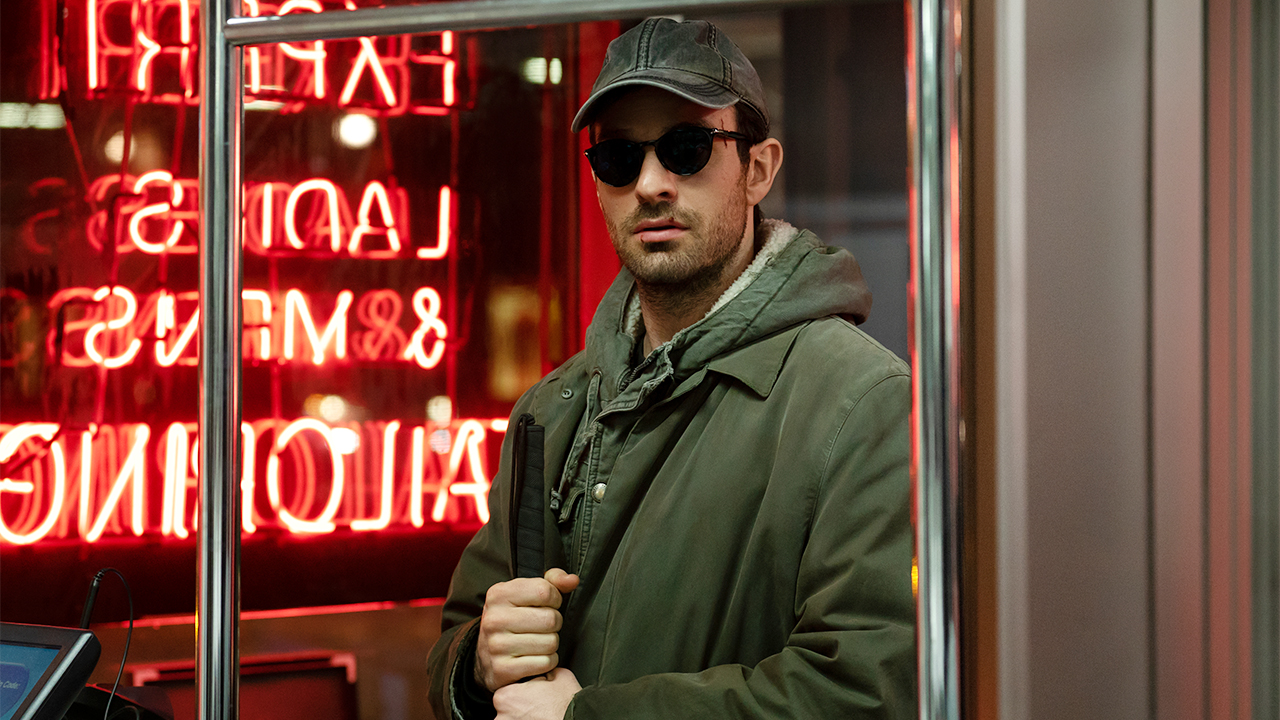
The surprise cancellation of three of Netflix’s Marvel series, meanwhile, was a shock for fans. Quite why they were axed remains ambiguous - they brought the kudos of the Marvel Cinematic Universe to the small screen and were a hit with fans. Again, the launch of Disney+ seems a likely reason, though as yet no official statement has been made - and Daredevil actress Amy Ruthberg claims that the decision was Netflix’s alone. The fate of the two remaining Netflix shows, Jessica Jones and The Punisher, remains ambiguous, though both have new seasons on the way in 2019.
With all that in mind, it will be interesting to see where the company goes next. They’ve paid big money to acquire Kick Ass creator Mark Millar’s company, Millarworld, and are developing a slew of new shows based on his comics over the coming years. Whether they’ll have the same pulling power as shows linked to the Marvel Cinematic Universe remains to be seen. There’s also the worrying fact that while the company has borrowed huge sums of money, it still hasn’t made profit and this month its stocks fell by 37%.
Horror goes mainstream, as Game of Thrones takes a year off
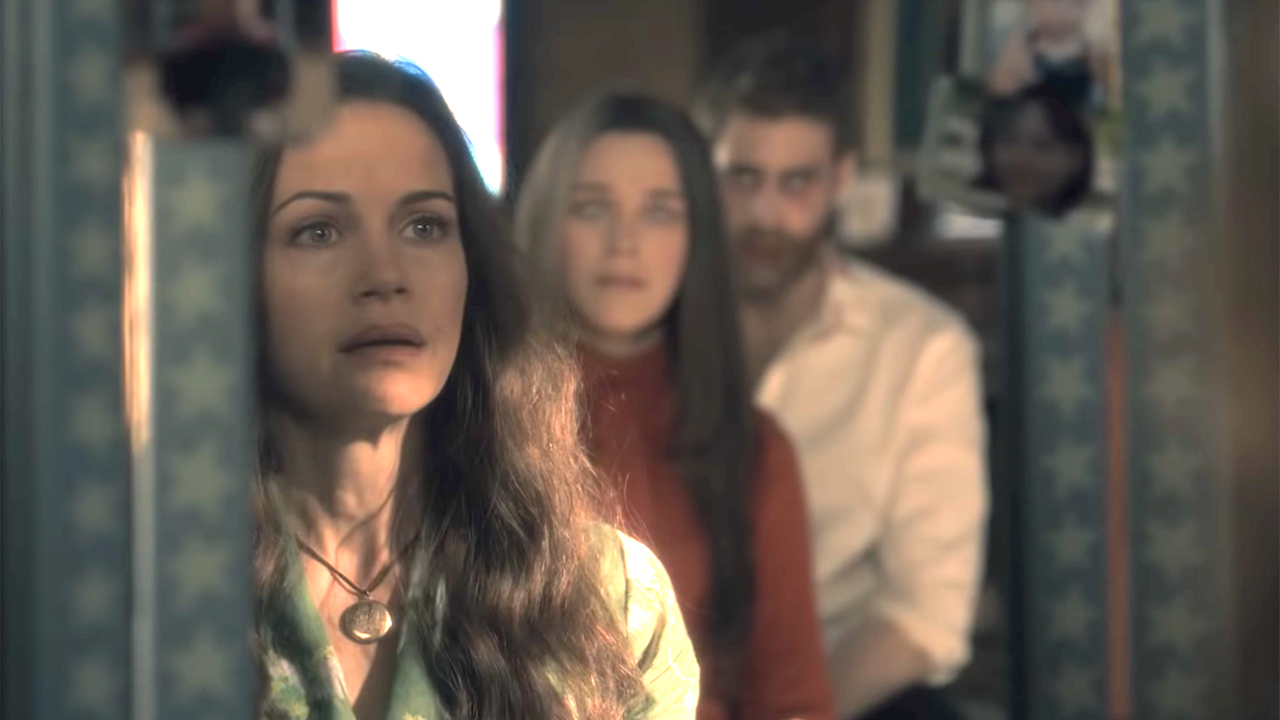
On the programming side there was a few clear trends. With no Game of Thrones this year (the final season will air in 2019), the fantasy genre was rather diminished, though SyFy’s The Magicians continued to impress and The CW’s slate of DC superhero shows and Black Lightning proved that it is possible to tell these sorts of stories outside of the MCU.
In contrast, it was a banner year for horror TV. Stranger Things took the year off (roll on Summer 2019 and season 3) but another Netflix show, The Haunting of Hill House, scared everyone silly. A (very) loose adaptation of Shirley Jackson’s classic ghost story, it mined a rich seam of trauma, dysfunctional family drama and old fashioned bumps in the night. The Terror lived up to its name, while Chilling Adventures of Sabrina rebooted the teen comedy as a more sinister show. Meanwhile, The Walking Dead shambled into its ninth season, though ratings continue to slide, with Nielsen figures suggesting that as many as six million viewers have quit the show in the last two years. Call it the Negan effect. Despite that, it has been renewed for a tenth season, as well as a series of The Walking Dead movies featuring former star Andrew Lincoln as Rick Grimes.
Sci-fi goes political
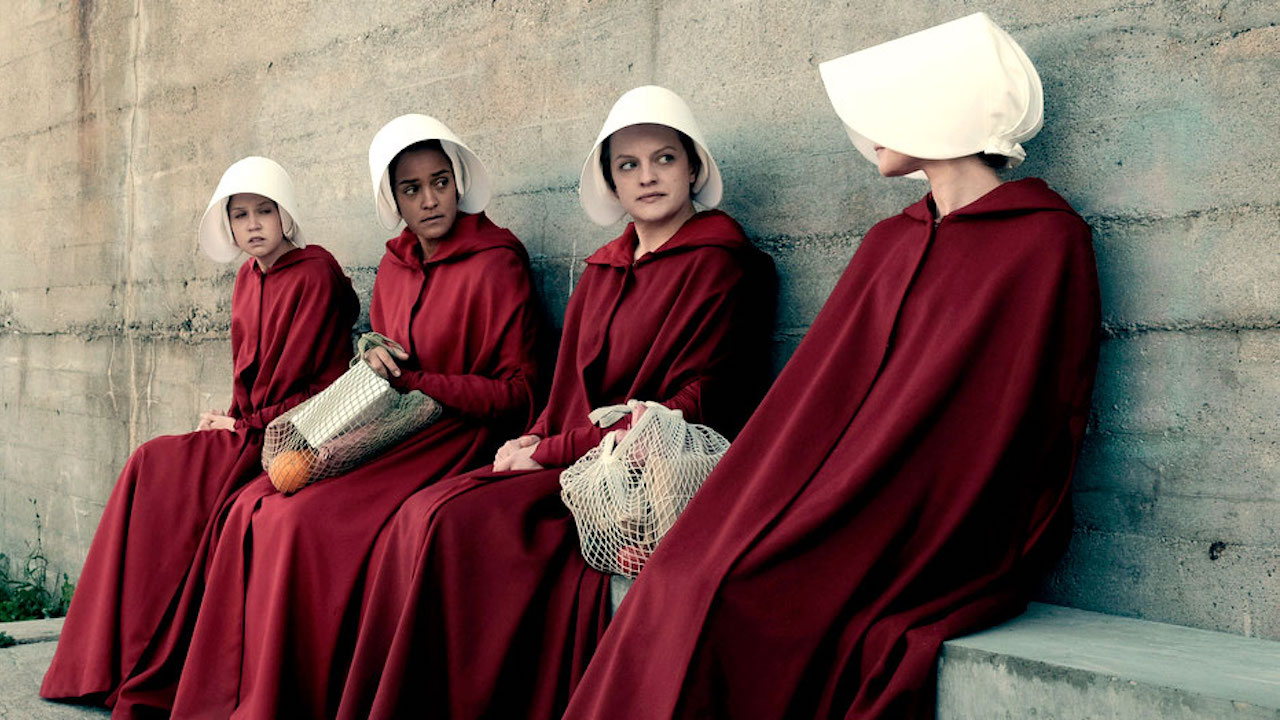
But the most genuinely frightening thing on TV was the second season of The Handmaid’s Tale. The dystopian drama about a near future where women are brutally oppressed moved beyond the plot of Margaret Atwood’s novel, taking Offred (Elizabeth Moss) into new territory. Relentlessly grim and frequently hard to watch, it also felt incredibly relevant in the age of Trump and #MeToo.
Science fiction was also well-catered for. The Expanse was axed and then saved at the last minute by Amazon - turns out CEO Jeff Bezos is an enormous fan - and we also got the belated Westworld season 2; a thrilling piece of SF TV that mixed heady ideas with excellent action and some genuinely jaw-dropping reveals.
Star Trek Discovery, meanwhile, closed out its first season in fine form. Season 2 was already a given, but Discovery’s success - despite what a few angry fans will tell you, it’s been an enormous global hit, quickly becoming one of the most-watched streaming shows in the UK and US - has also lead to the announcement of at least two new Trek spin-offs in development. One of these is based on Patrick Stewart’s Captain Picard, the other - rather unexpectedly - an animated comedy. As in the film industry, franchises continue to dominate the medium with recognisable IP favoured over original ideas.
Spy games
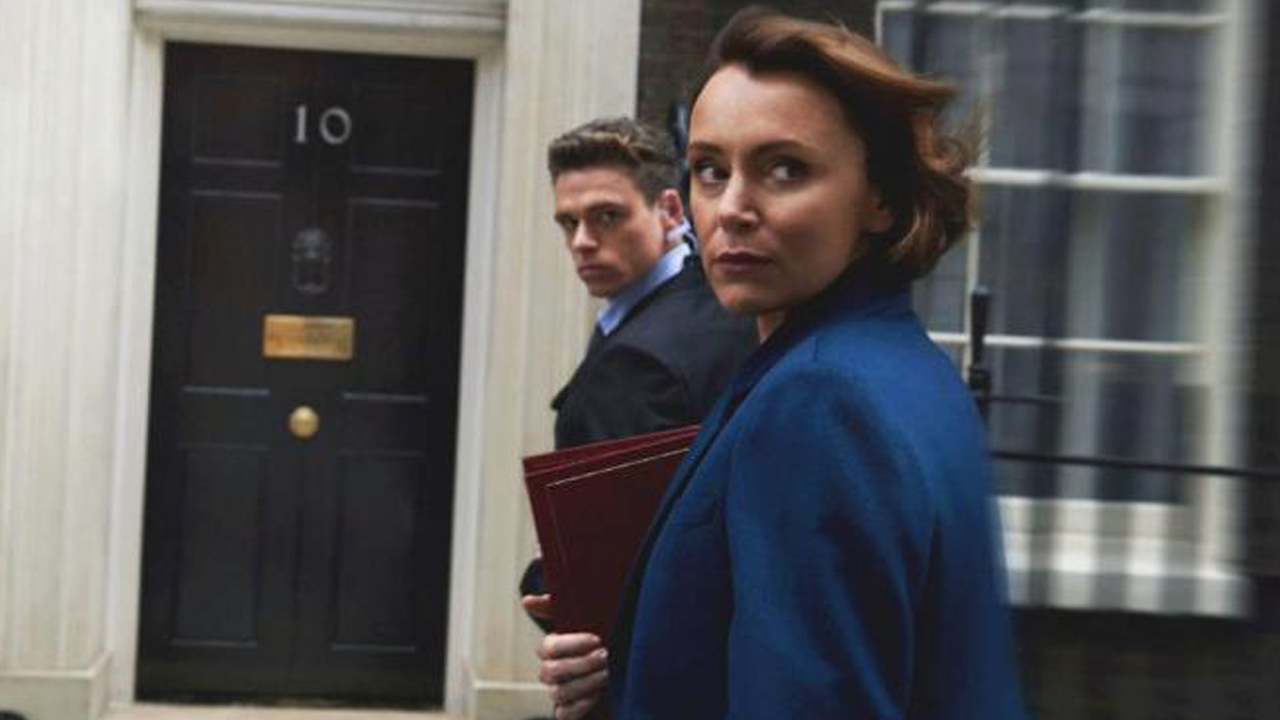
Away from genre, the BBC had an incredible year for drama, turning out a succession of excellent and ambitious series. “As the editor of a sci-fi/fantasy magazine I almost feel guilty to say my favourite shows of the year have been non-genre,” says Edwards. “But that's more down to the high quality of what's out there across the board, rather than a dip in quality in the sci-fi arena.”
Skulduggery seemed to be the order of the day. Bodyguard, Line of Duty creator Jed Mercurio’s twisty thriller about a former soldier (Game of Thrones’ Richard Madden) assigned to protect a controversial politician (Keeley Hawes) was masterfully tense, loaded with twists and - at times - quite preposterous. It was also a monstrous hit that, Edwards says “proved that it's still possible, even in the binge-TV era, to keep a nation glued to their tellies simultaneously.” Indeed, with 10.4 million watching the first episode, it was the most-watched new UK drama since 2006.
Killing Eve - penned by actor Phoebe Waller-Bridge - was a luxuriantly psychotic drama about assassin Villanelle (Jodie Comer) and her cat-and-mouse relationship with the MI5 officer on her tale. A hit on both sides of the Atlantic, a second season has already been commissioned. Other homegrown heavy-hitters included the chilling Requiem, Park Chan-wook’s The Little Drummer Girl, and Russell T Davies' fascinating A Very English Scandal, which delved into one of the most bewildering episodes in British political history, with plenty of jokes and arguably Hugh Grant's finest screen performance. Most of these shows remain on iPlayer for the time being - a smart move, no doubt intended to encourage holiday binge-viewing.
Doctor Who divides fans, and grows the audience
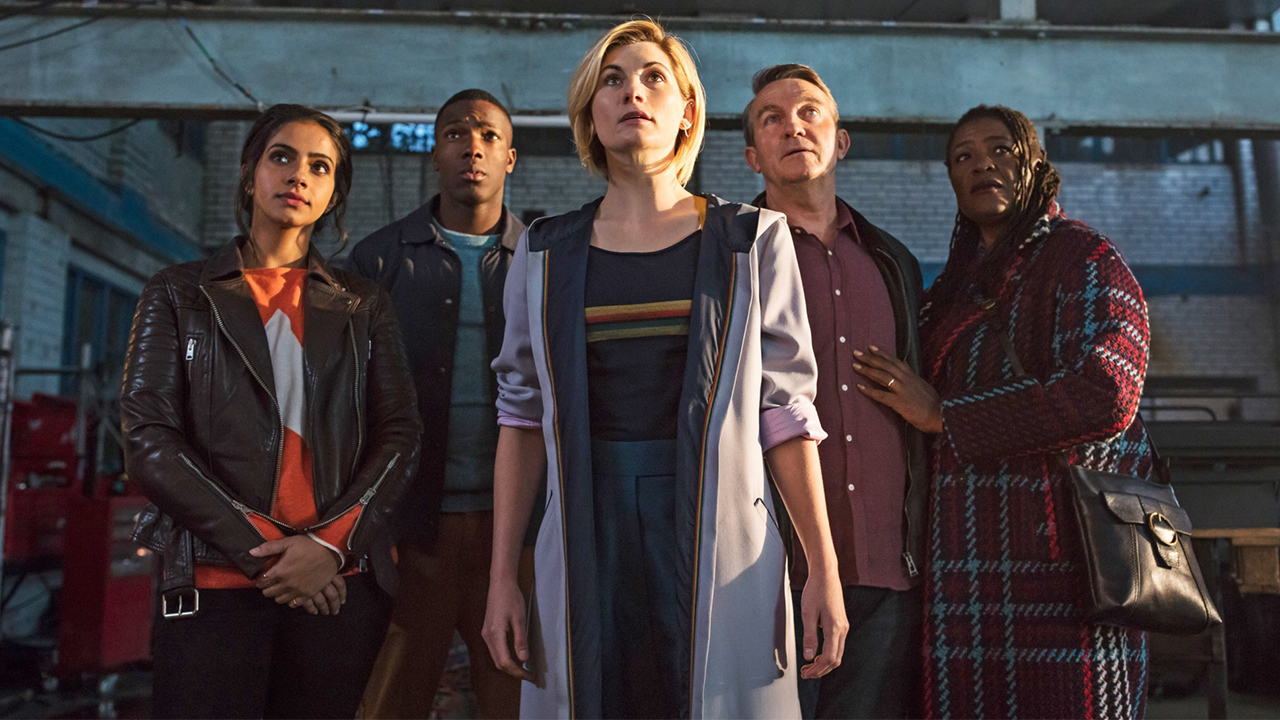
Undoubtedly the most talked about British show of the year, however, was Doctor Who. The perennial sci-fi series has been on air for an astonishing 55 years now, but this season was the first with a woman in the lead role. Jodie Whittaker instantly made the part her own, and had excellent back up in the form of, er, game show host Bradley Walsh - who saw that one coming? - as well as two younger friends.
New showrunner Chris Chibnall’s stripped back, no-old-monsters approach proved divisive in fandom, but there’s no doubt that it’s paid off for the BBC; in terms of ratings, this has been the most successful run of Who since 2010. As with Bodyguard, it proved that streaming sites don't have the monopoly on great television that captures the public's imagination - not yet, at least. Will that still be the case in 2019?
Look ahead to next year with the best new TV shows coming in 2019.

Will Salmon is the Streaming Editor for GamesRadar+. He has been writing about film, TV, comics, and music for more than 15 years, which is quite a long time if you stop and think about it. At Future he launched the scary movie magazine Horrorville, relaunched Comic Heroes, and has written for every issue of SFX magazine for well over a decade. His music writing has appeared in The Quietus, MOJO, Electronic Sound, Clash, and loads of other places too.

